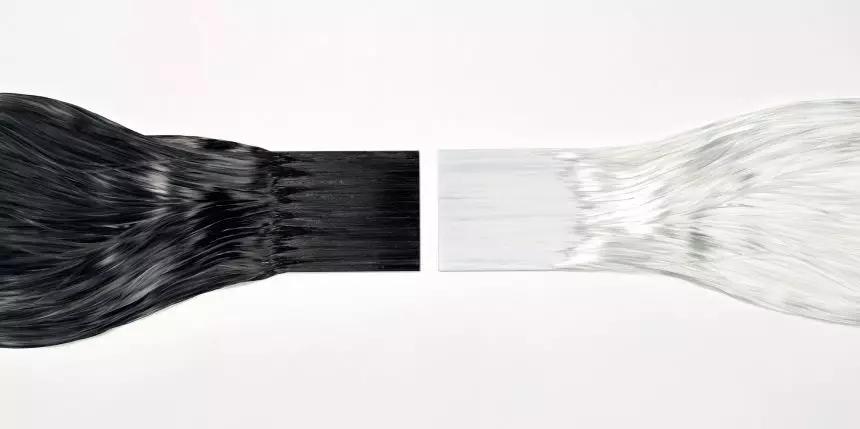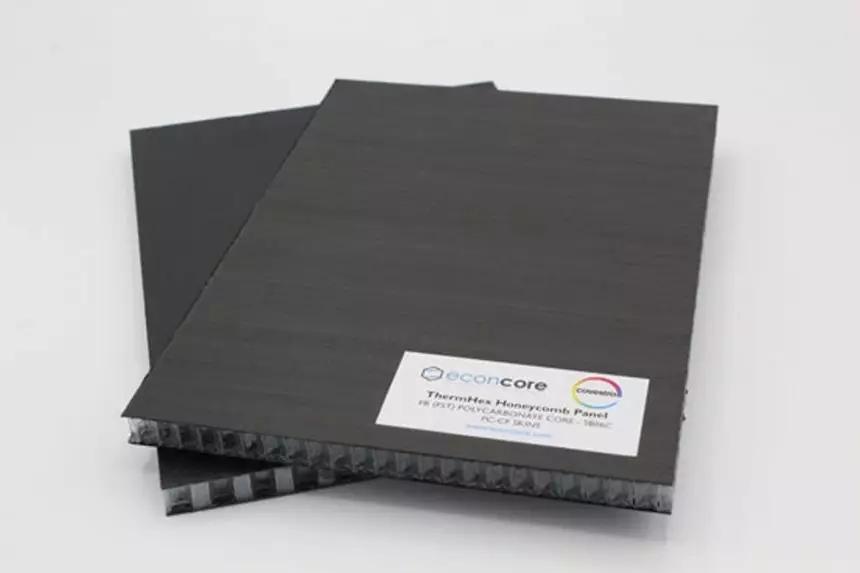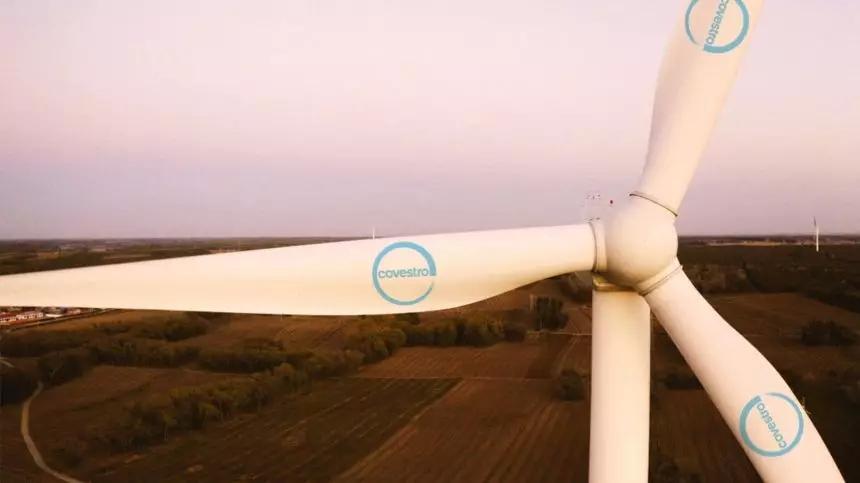Covestro demonstrates advanced composite solutions at 2019 JEC
At JEC World 2019, Covestro will exhibit Continuous Fiber Reinforced Thermoplastic Composite (CFRTP). They can be reinforced with carbon or glass fibers and make parts made of them light in weight but high in strength.
For many years, Covestro has been developing material solutions for composite materials. A broad product portfolio includes polycarbonate and polyurethane (PU) products, as well as film formers for fiber compounds.
The range of applications is relatively large: it includes wind turbines, photovoltaic systems and automotive parts, as well as small consumer products such as miniaturized electronic parts and insoles, which are produced in large quantities with short cycle times.
At the JEC World 2019 trade show in Paris from March 12th to 14th, Covestro will become a solution provider for a variety of industries and applications. At booth L5 in Hall 5, the company will showcase its innovation and sustainability, often with a combination of low weight and high strength. Some of these components help to reduce vehicle fuel consumption and carbon dioxide emissions, and thus contribute to the UN's sustainable development goals.

Fiber reinforced composite for sturdy thin-walled parts
Thanks to the new compounding technology, ultra-thin, lightweight, high-strength and aesthetic components can be produced on an industrial scale. This technology is based on continuous fiber reinforced thermoplastic polymer (CFRTP) and is sold under the name Maezio. The matrix material used included polycarbonate and carbon fibers were added for reinforcement. At its Markt Bibart location, Covestro uses these materials to make unidirectionally reinforced tapes and panels that are further processed by the customer.
These Intermediate products are particularly suitable for the production of ultra-thin but sturdy housing parts for laptops and mobile phones. Consistent with the trend of thin-walled devices that currently have a cool look, they can also take on an aesthetically pleasing surface structure. The single-stage manufacturing process reduces cycle time and provides significant cost savings.
Working with EconCore
Polycarbonate and its blends, as well as CFRTP, are the material of choice for the production of lighter, more stable honeycomb panels for the interior of buses and trains. For this application, the product must meet specific FST (fire, smoke, and toxicity) requirements.
Improving the FST performance of Honeycomb panels is an important goal of the new collaboration between Covestro and EconCore. It involves looking for the right combination of polycarbonate type and composite material and using EconCore's cellular technology to meet the requirements. The overall goal is to develop lightweight sandwich panels that are more productive than traditional composites.

Efficient production of wind turbine rotor blades
The core objective of the Covestro Sustainability concept is to provide active support for climate protection. A key aspect is the promotion of renewable energy, mainly wind energy. More intensive use in this area would require a more cost effective production of wind turbines with longer rotors, and thus even greater power output.
To achieve this goal, Covestro has developed a PU resin that combines fiberglass mats with a high-efficiency vacuum infusion process to reduce cycle time and save costs compared to more commonly used epoxy resins. It is also stronger and is also suitable for larger paper lengths. Due to its excellent mechanical properties, it should also be suitable for the production of lighter weight blades. Last year in China, the company installed its own wind turbines with rotor blades nearly 60 meters to test the operating capacity and stability under real conditions.

UV-resistant and durable PU material for exterior wall use
Desmocomp is another highly versatile polyurethane resin that is ideal for outdoor applications due to its excellent weatherability and fire resistance. The system can be handled easily and efficiently using a pultrusion process.
At JEC World 2019, Covestro will demonstrate the composite application of this product in the solar field: Fiber Profil SL intends to use this Desmocomp fat material for the assembly of large photovoltaic power plants and solar thermal systems. For this purpose, the fastening elements must have outstanding mechanical properties, but also provide reliable protection against UV radiation.
In addition, in the extensive product selection of JEC World 2019, Covestro's Baybond aqueous PU dispersion can be used as a film former for fiber compounds to improve the mechanical stability of the composite.

Food Additives,sodium metabisulfite,sodium metabisulfite in food,Glucono delta-lactone
NINGBO LUCKY CHEMICAL INDUSTRY CO., LTD , https://www.nblkchem.com